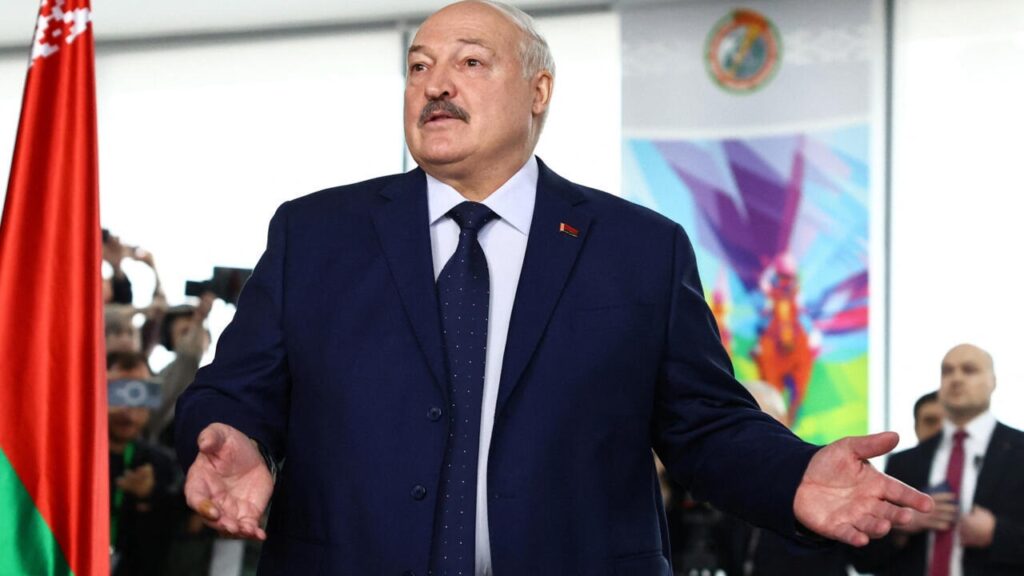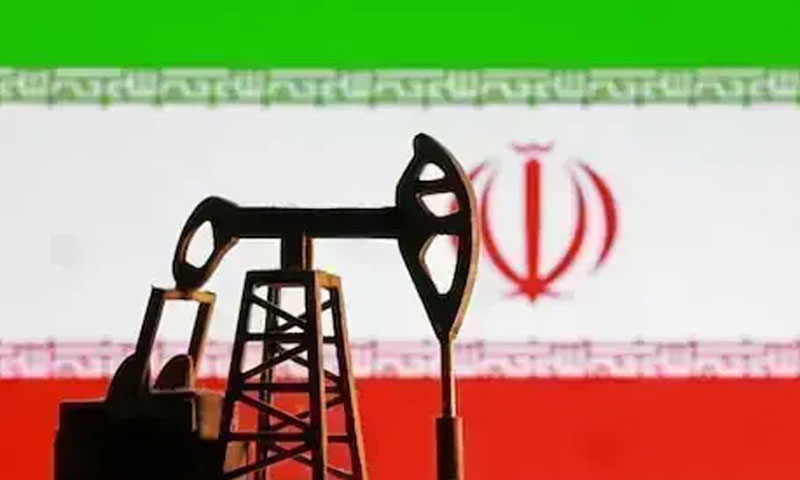- Web
- Mar 02, 2026
Belarus: Aleksandr Lukashenko elected president for 7th consecutive term
-

- Web Desk
- Jan 28, 2025

MINSK: Aleksandr Lukashenko was re-elected as the President of Belarus for the seventh consecutive term on Monday.
The election results, announced by the Belarusian Election Commission, indicate that the long-term dictator secured approximately 87 per cent of the votes cast. The figure raised several eyebrows among international observers and critics of the electoral process.
Read more: Pakistan, Belarus agree to finalise roadmap for promoting cooperation
The election took place against a backdrop of ongoing political tensions and scrutiny at the isolated country regarding the legitimacy of the electoral process.
Lukashenko has been in power since 1994, when the country gained independence from the former Soviet Union. He assumed the presidency immediately following the country’s creation.
His long tenure has been marked by a centralised approach to governance, with significant control over the media, political opposition and civil society.
Over the years, the long-term president has faced several allegations of human rights abuses and suppression of dissent, particularly during the 2020 presidential election, widely condemned by international observers as neither free nor fair.
The recent election saw a reported voter turnout of 85 per cent, with around 7 million citizens eligible to vote. However, the legitimacy of these figures has been questioned, as many opposition figures and international monitors have raised concerns about the transparency of the electoral process.
The other four candidates in the race were reportedly aligned with Lukashenko as well, leading to accusations that the election was effectively little more than a formality rather than a genuine democratic contest.
Read more: Nawaz Sharif hosts Belarus President Aleksandr Lukashenko in Murree
The Belarusian’s administration has been characterised by a strong focus on maintaining stability and control, often at the expense of democratic freedoms. His government has implemented policies that prioritise state ownership and control over key sectors of the economy, which has led to a mixed economic performance.
While Belarus has maintained some level of economic stability, it has also faced challenges, including inflation and reliance on Russian support.
Internationally, Lukashenko’s government have been increasingly isolated over the year, particularly following the violent crackdown on protests that erupted after the disputed 2020 election.
Several Western nations have imposed economic sanctions on Belarusian officials and entities in response to human rights violations and the suppression of political opposition.
In contrast, Lukashenko has sought to strengthen ties with Russia and China, viewing the former as a crucial ally in the face of Western pressure.
China and Russia were the first nations to congratulate the long-reigning Belorussia president on his latest win.




